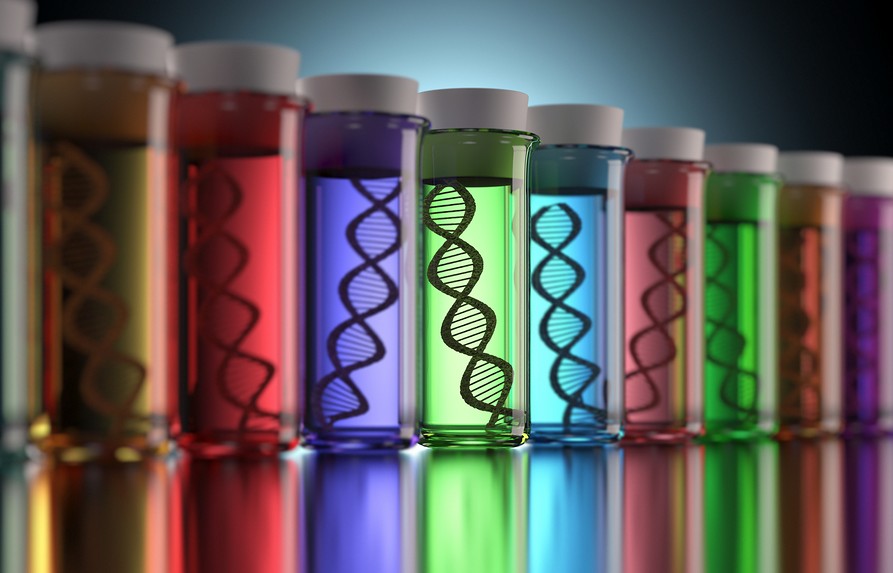Genetic test for cancer is less accurate for Black and Asian people
By Grace Wade,
New Scientist
| 09. 29. 2022
Genetic tests that predict the efficacy of certain cancer treatments aren’t as effective for people of African or Asian ancestry.
These tests measure the number of genetic mutations in solid tumours, or what’s known as tumour mutational burden (TMB). If someone has a tumour with 10 or more genetic mutations, they have a high TMB. Drugs called immune checkpoint inhibitors, which work by turning the immune system against tumours, have been shown to be quite effective against cancers in people with high TMB, but less so in people with fewer mutations.
The most accurate way to measure TMB is by doing genetic analyses of both tumour and normal tissue samples. This is called tumour-normal sequencing, and it ensures that mutations people inherent from their parents aren’t counted as tumour mutations. “If you don’t have matched normal tissue from an individual, you can actually overestimate the tumour mutational burden,” says Amin Nassar at Yale University in Connecticut.
Most treatment centres currently use tumour-only genetic sequencing, which estimates TMB by comparing results with genetic databases instead of a person’s own tissue...
Related Articles
By Katrina Northrop, The Washington Post | 04.06.2025
photo via Wikimedia Commons licensed under CC by 3.0
China's most infamous scientist is attempting a comeback. He Jiankui, who went to jail for three years after claiming he had created the world's first genetically altered babies, says he remains...
By Anumita Kaur [cites CGS’ Katie Hasson], The Washington Post | 03.25.2025
Genetic information company 23andMe has said that it is headed to bankruptcy court, raising questions for what happens to the DNA shared by millions of people with the company via saliva test kits.
Sunday’s announcement clears the way for a new...
By Peter Wehling, Tino Plümecke, and Isabelle Bartram
| 03.26.2025
This article was originally published as “Soziogenomik und polygene Scores” in issue 272 (February 2025) of the German-language journal Gen-ethischer Informationsdienst (GID); translated by the authors.
In mid-November 2024, the British organization Hope not Hate published its investigative research ‘Inside the Eugenics Revival’. In addition to documentating an active international “race research” network, the investigation also brought to light the existence of a US start-up that offers eugenic embryo selection. Heliospect Genomics aims to enable wealthy couples to...
By Frank Landymore, Futurism | 03.18.2025
You can only throw so much money at a problem.
This, more or less, is the line being taken by AI researchers in a recent survey. Asked whether "scaling up" current AI approaches could lead to achieving artificial general...




